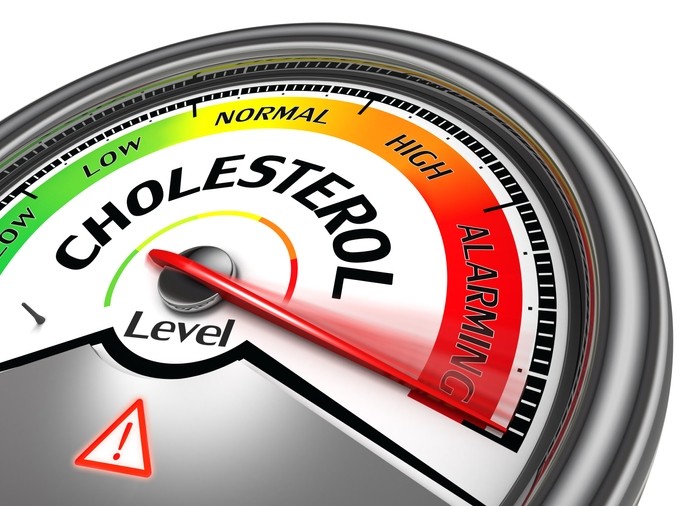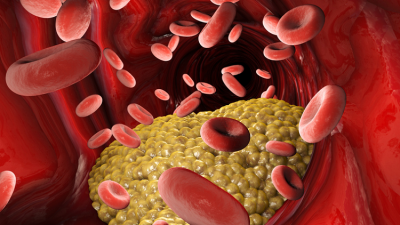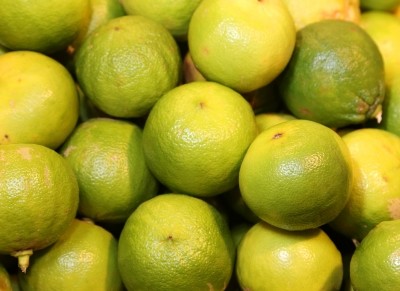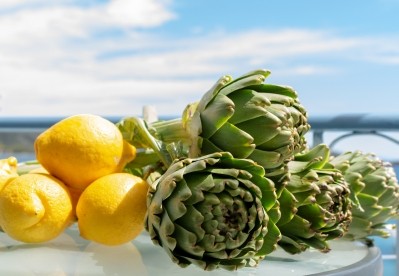Study shows adding artichoke to bergamot helps ameliorate ‘non responder’ issue

The new study used a bergamot phytosome ingredient manufactured by Italian ingredient supplier Indena, which funded the study. The study was conducted by an Indena employee as well as researchers associated with universities in Italy and Bahrain. It was published recently in the journal Nutrients.
Bergamot (Citrus bergamia Risso) is a citrus fruit cultivated almost exclusively in Italy which in past research has shown cholesterol lowering activity. Indena’s bergamot phytosome, branded as Vazguard, uses the company’s absorption-boosting delivery technology, which is a form of liposomal encapsulation.
Artichoke addition shows promise
The researchers noted that a previous study using the Vazguard ingredient had found that about 13% of subjects showed no lowering of total cholesterol and about 7% did not lower their LDL cholesterol levels. The reasons for the poor response among this group remain unexplained, as is the case for many instances of poor response to natural products.
The company reasoned that adding an artichoke leaf standardized dry extract could help solve the non response issue. The researchers said previous studies have suggested a synergistic benefit between the two botanicals in the realm of lowering cholesterol.
In order to test the hypothesis, the researchers recruited 60 subjects who had shown poor response to bergamot alone in a previous pilot study conducted in Pavia, Italy. The subjects all exhibited mildly high cholesterol levels (220–280 mg/dL). The subjects, both men and women, ranged in age from 18 to 65 and ranged from normal weight to moderately obese (BMI range of 25-35). None of them had a history of cardiovascular disease. They were randomly divided into two groups.
The subjects took the test material (600 mg of bergamot phytosome and 100 mg of artichoke leaf extract) or a placebo twice a day for two months. They were asked to maintain their typical diet and exercise habits during the trial period. Cholesterol and other biometric markers were assessed at baseline and at 30 and 60 days.
Poor responders respond
The researchers found that the ingredient combo significantly reduced total cholesterol and LDL cholesterol. For the experiment group, mean values of total cholesterol fell from 237 to 224 (mg/dL) and LDL numbers went from 156 to 139. There was no change in these values in the placebo group. The supplemented group also experienced a rise in HDL (or ‘good’) cholesterol, from 59.5 to 63.9. Once again, the placebo group showed no change.
The supplementation regime also demonstrated a reduction in waist circumference and a decline in visceral adipose tissue (VAT), even if the subjects did not alter their standard food intake.
The researchers said the results are likely to be clinically significant. For every 1-point change in the LDL number there is a corresponding 1% decline in the risk of a cardiac event. The rise in the HDL number was seen as significant, too, as higher values here have been shown to have a cardioprotective effect.
“In this study, bergamot poor responders with mild hypercholesterolemia showed an amelioration in their lipid profile with a significant decrease of total and LDL cholesterol over time, while HDL cholesterol increased over time. No significant differences were shown in the placebo group. Moreover, the between-group test showed a statistically significant reduction of waist circumference and of VAT in the supplemented group, even if these subjects did not follow a low-calorie diet,” the researchers wrote.
“In conclusion, the synergism between bergamot Phytosome and artichoke dry extract may be a beneficial treatment in subjects who are poor responders to bergamot,” they added.
Source:Nutrients
doi: 10.3390/nu14010108
Artichoke and Bergamot Phytosome Alliance: A Randomized Double Blind Clinical Trial in Mild Hypercholesterolemia
Authors: Riva A, et al.
















